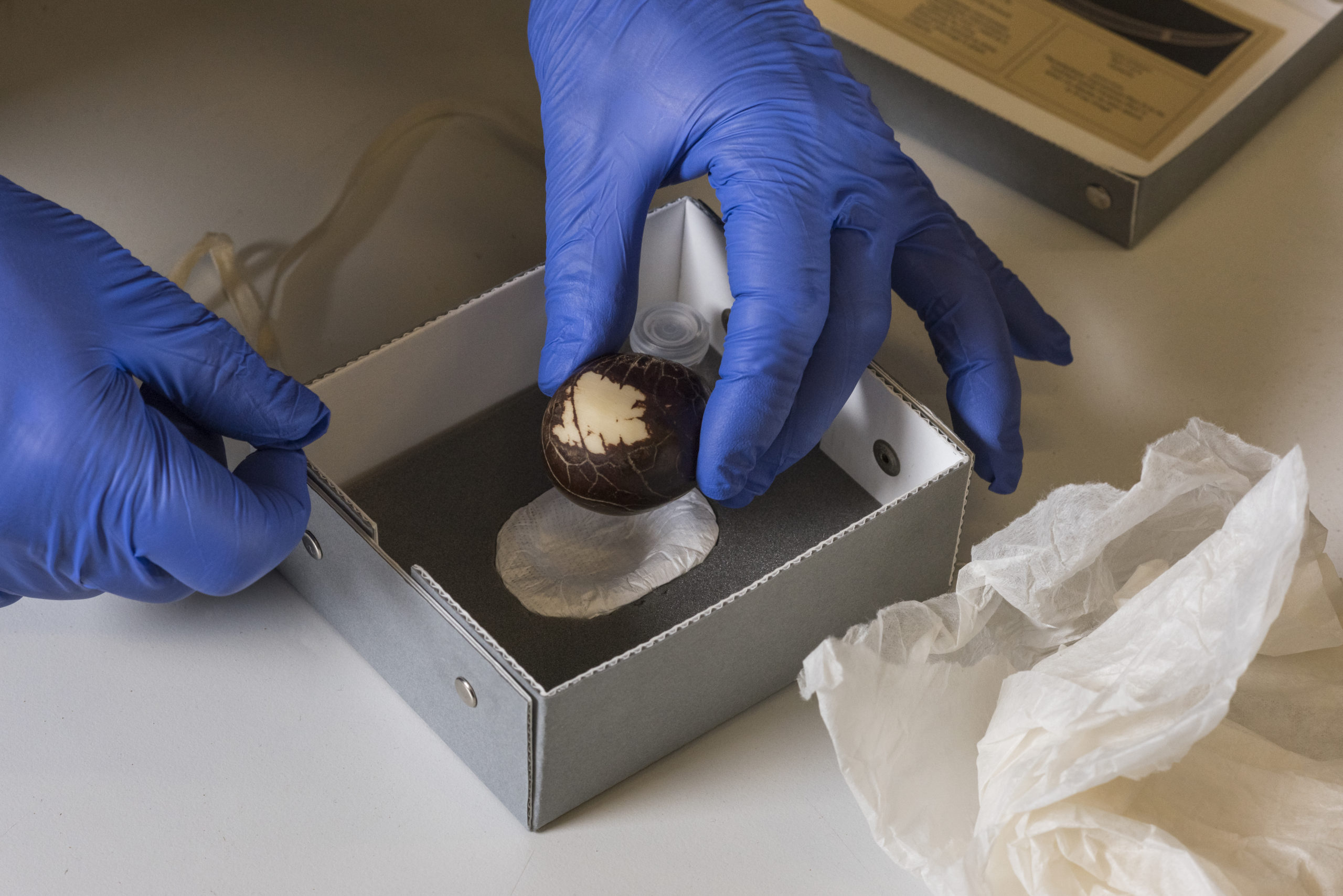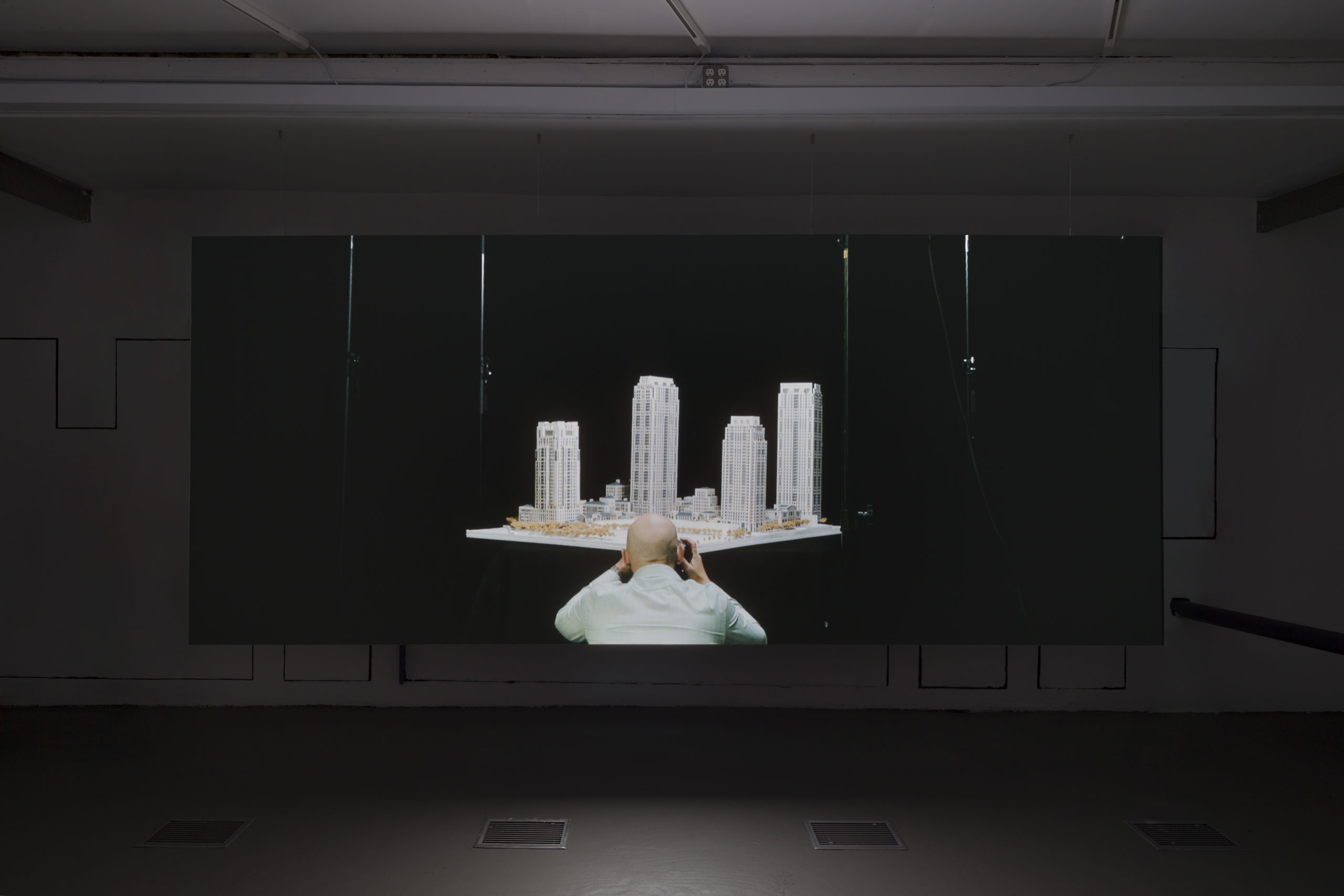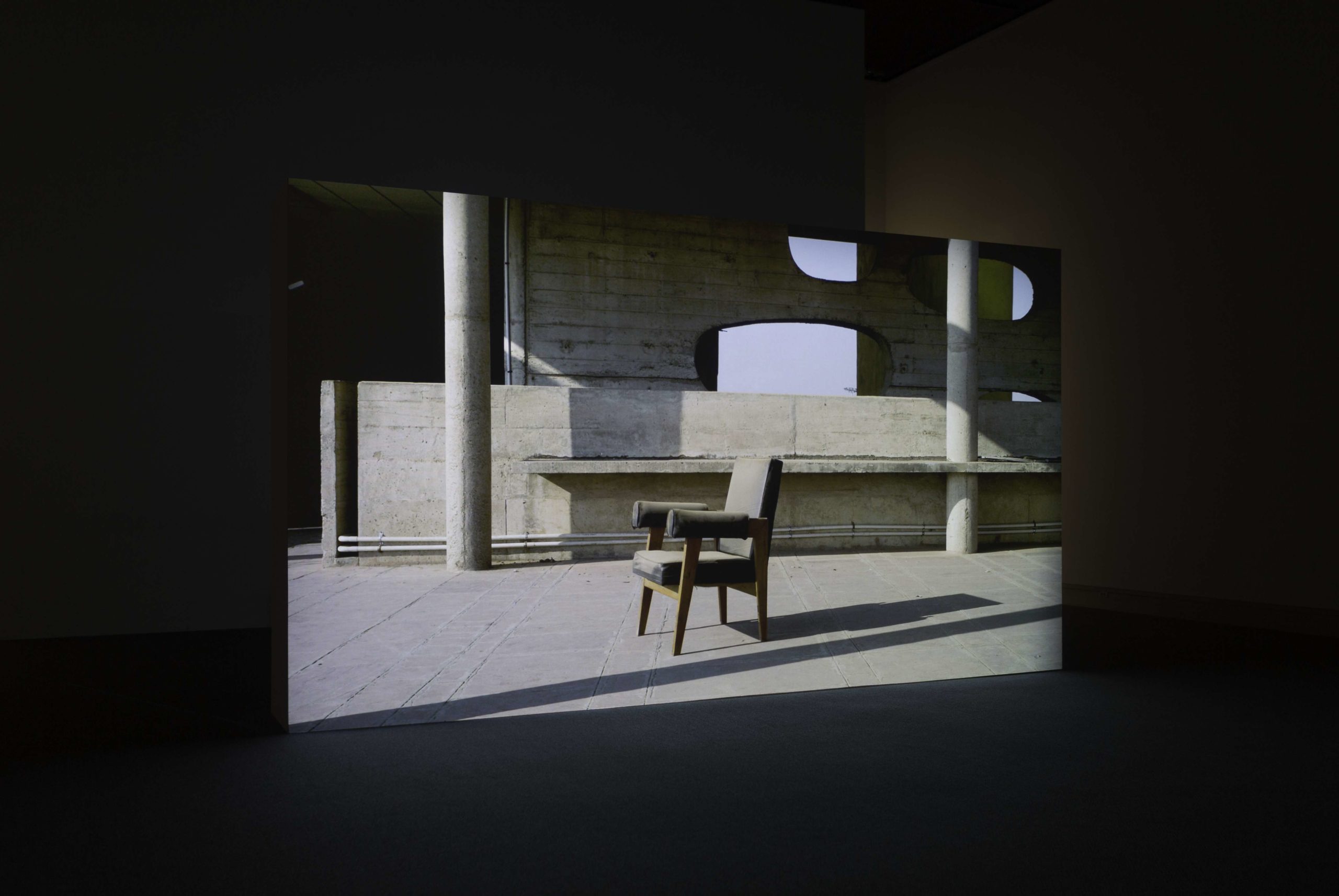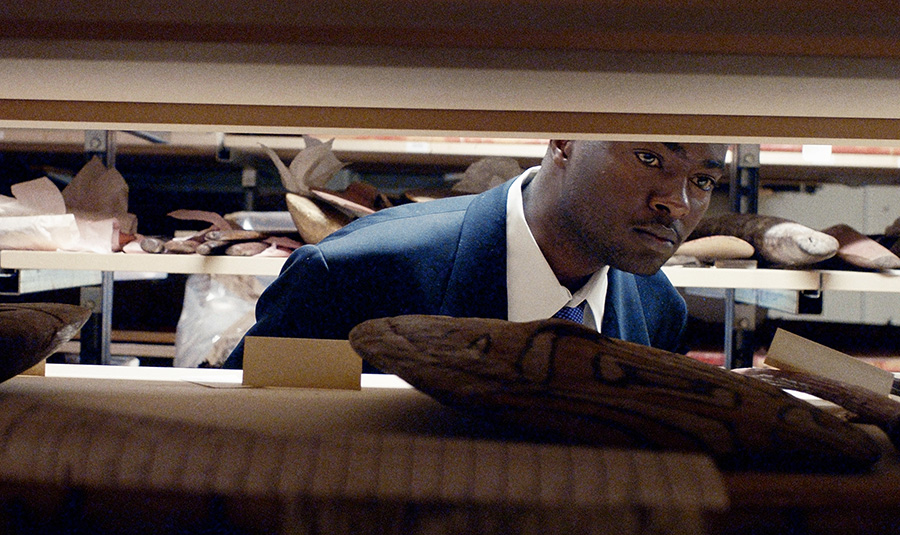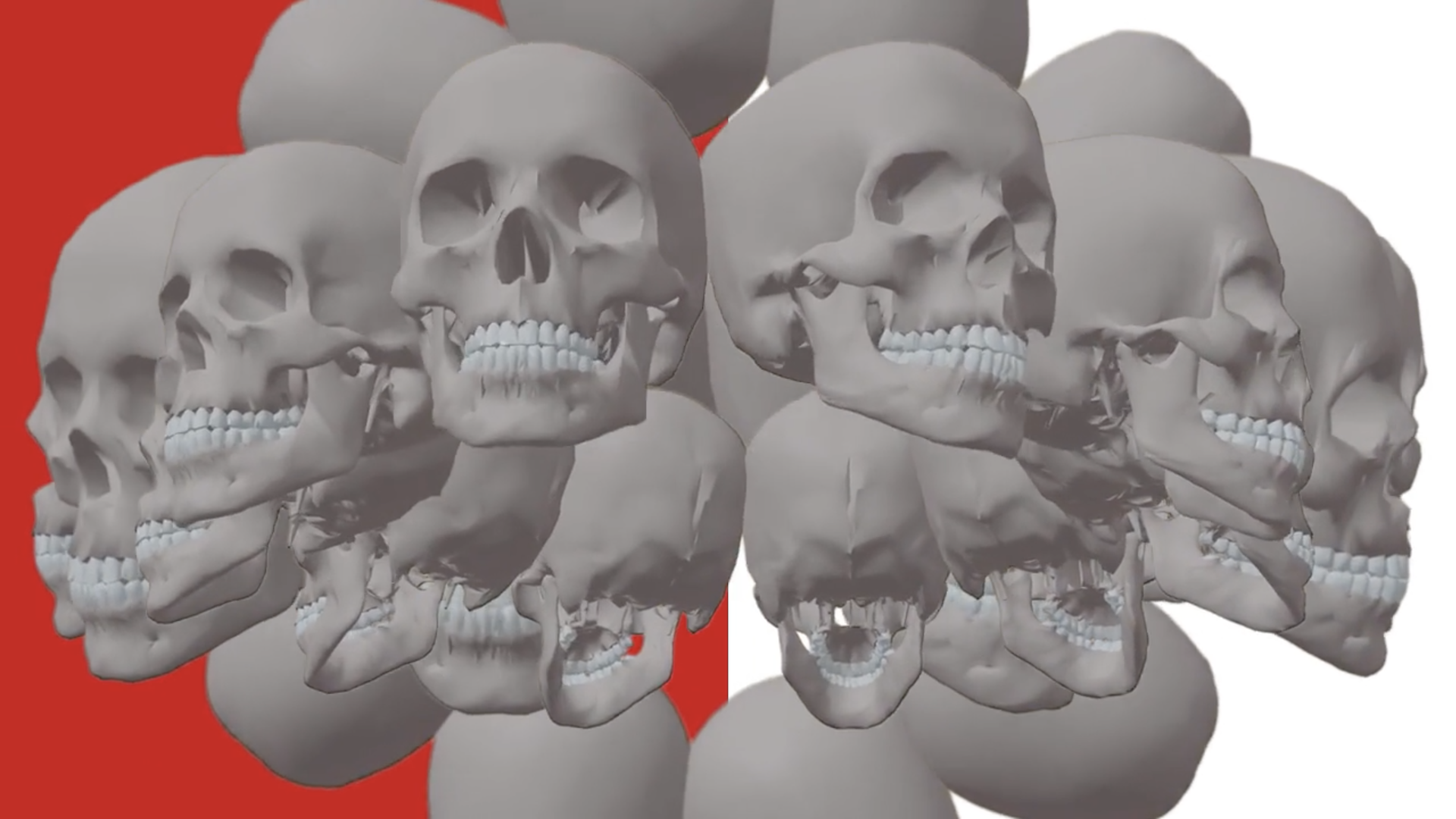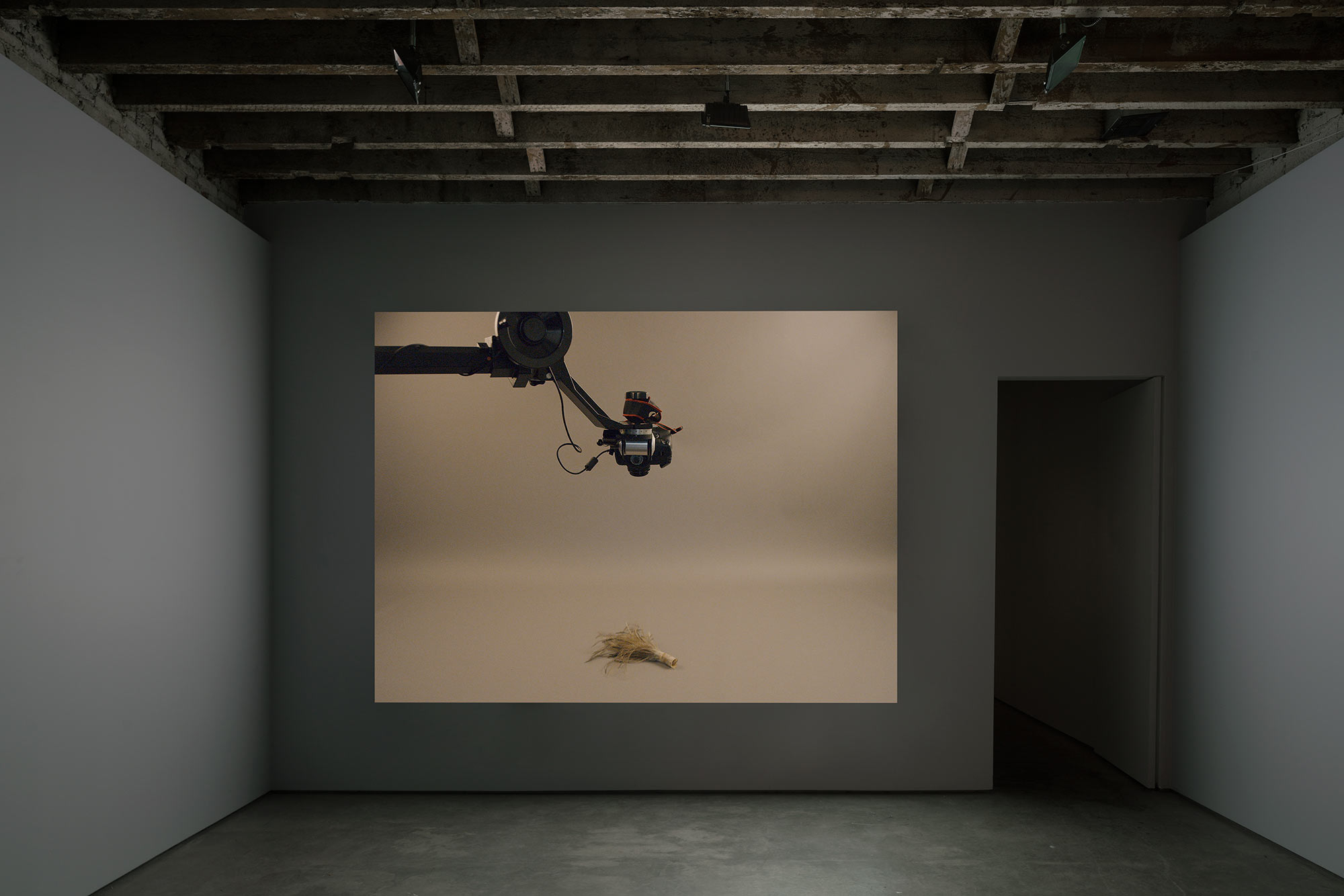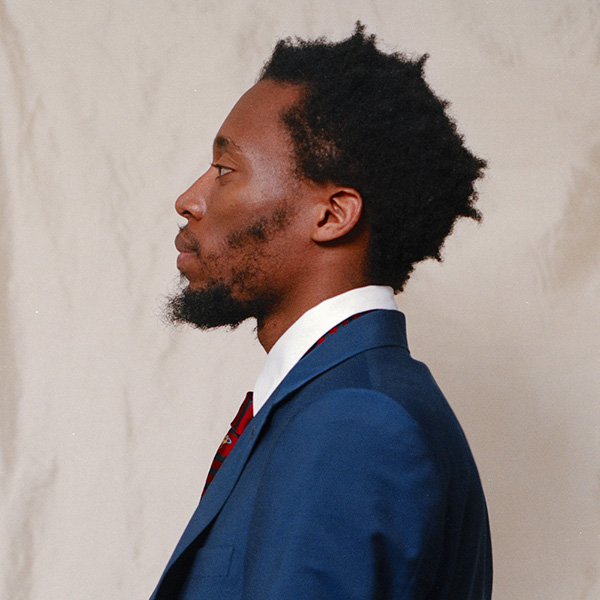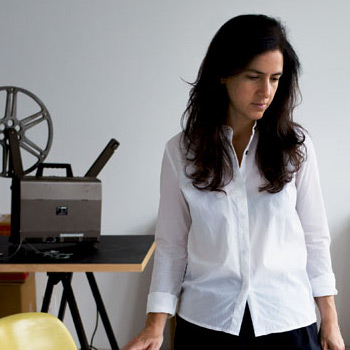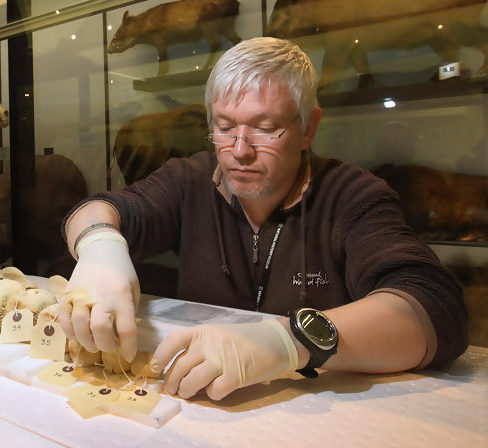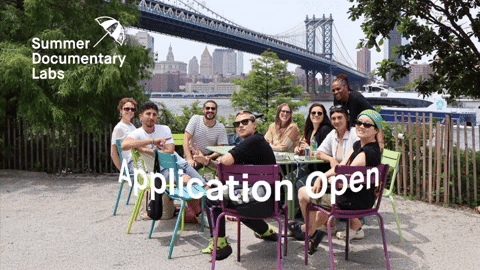Museums and cultural institutions dedicated to the procurement, study, and display of cultural objects are at a critical moment in their history, as the decolonization of their ownership, representation, accessibility and funding are being brought to the forefront. Art Historian Sophie Berrebi succinctly stated “Todays museums are undergoing a profound mutation that is fed by social, economic, and political factors, which force them to reconsider their mode of action, their routines of collecting and exhibiting.”
Moving a Still Artifact: Film critiques the museum led by filmmaker Jessica Sarah Rinland (Those That, at a Distance, Resemble Another), draws from the long and rich thread throughout cinema history centered around collecting and museum collections; sites of cultural significance have proved to be, and continue to be productive subjects for film projects. Participants will explore various modalities of filmic discourse to create a short-form film produced from their enquiries into museums, the objects that live within them, archival and found footage. By exploring the museum through film – from an architectural setting or didactic experience, to the subversive – the workshop will focus on the filmmaker’s potential to transform these cultural institutions. Expose the “other side” of the museological practice, of collection, knowledge production, disposition and appropriation using the visual and sonic medium of film.
When reflecting on the depiction of cultural objects in Statues Also Die (1953) – Chris Marker, Ghislain Cloquet, and Alain Resnais’ critique of the ways Western museums decontextualize and display African art objects – Sophie Berrebi describes how the attributes of film – image, sound, and montage – act as revelatory devices, exposing the “other side” of a cultural object “creating a rupture in the museum’s order”. This investigation will allow for reflection upon the history of museums i.e. cabinet of curiosities and private collections, as well as historic house-museums and virtual object and institutional tours; Natural History Museum at South Kensington Archive, König Galerie, MOMA, Louvre Museum, and more.
Guided by a dynamic roster of guest instructors including museum staff and artists, participants will be led in expanding their standard representational views of museums and similar sites through screenings, discussions and virtual site visits to museums and expanded notions of the museum; monuments, houses, archives, public spaces and other areas of cultural significance. Instructors include Christian Nyampeta (Director; Sometimes it was Beautiful), Amie Siegel (Director; Provenance), Richard Sabin (Curator of Mammals; London’s Natural History Museum) + Adam Khalil and Zack Khail (Inaate/Se, The Violence Of Civilization Without Secrets).


